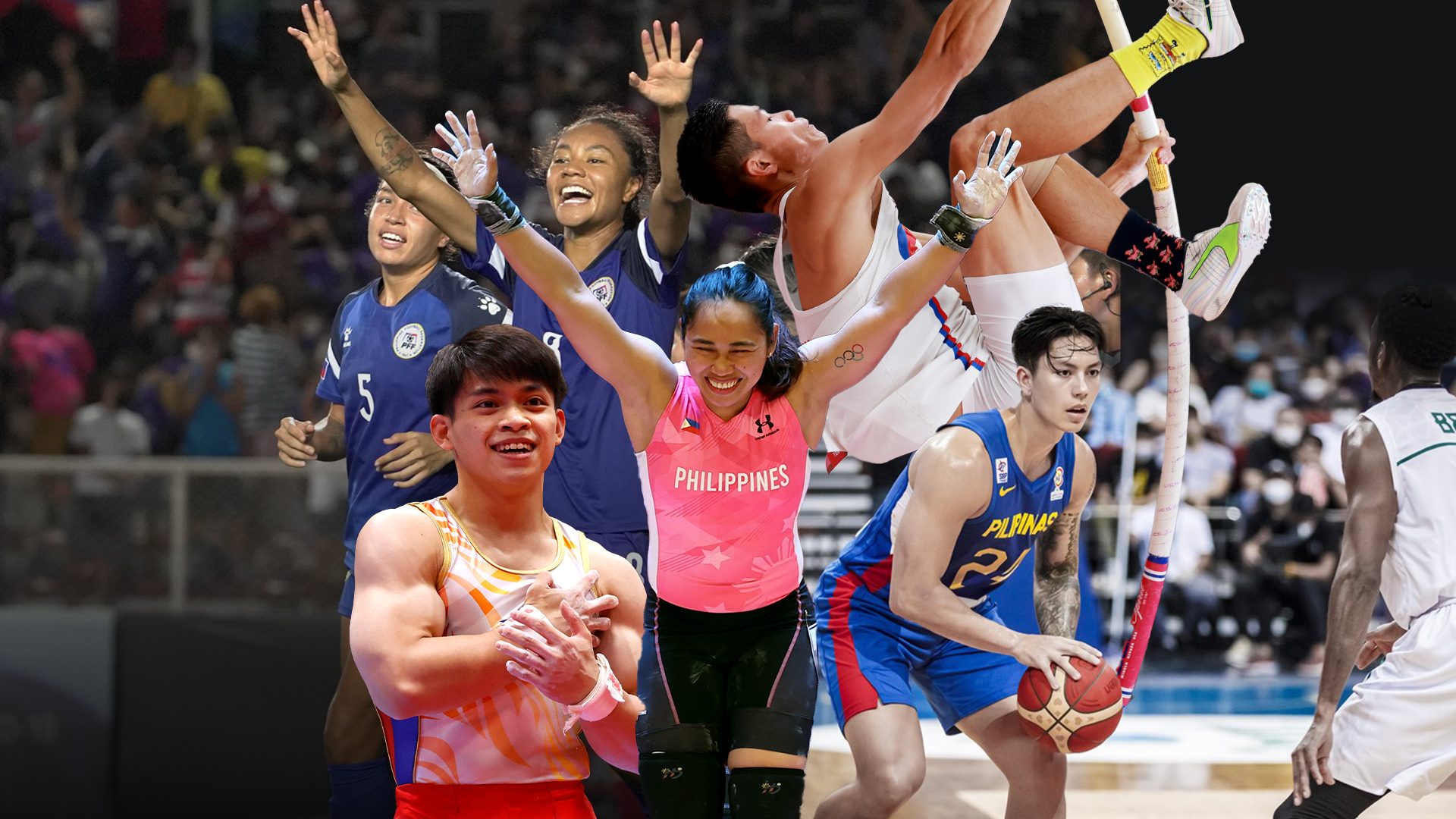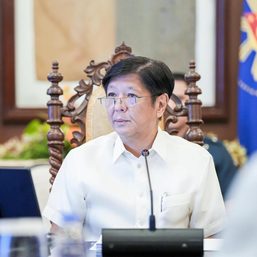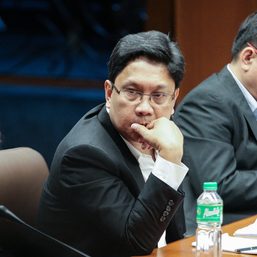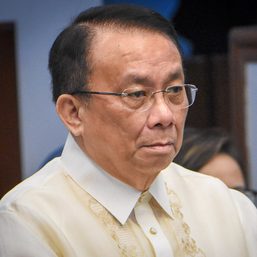SUMMARY
This is AI generated summarization, which may have errors. For context, always refer to the full article.

MANILA, Philippines – All hands are now on deck as the Philippines continues to face the looming threat of a possible blanket ban in all major international events following a suspension call by the World Anti-Doping Agency (WADA) due to the country’s alleged noncompliance of requirement.
In a last-minute undertaking headed by the Philippine Sports Commission (PSC) and Philippine National Anti-Doping Organization (PHI-NADO), the Office of the President has also lent needed resources to comply with the WADA code and eliminate the risk of the country’s flag not flying in any sporting event.
“We are working with Malacañang with the legislative requirements of WADA. The help of Malacañang is greatly appreciated,” said PSC chairman Dickie Bachmann at the Philippine Sportswriters Association (PSA) forum on Tuesday, February 20.
The former basketball executive added that the WADA ultimatum, which had a February 13 deadline and has been hastily appealed by the PSC, puts a bigger spotlight on the need to fund and empower undermanned PHI-NADO as it caters to the anti-doping needs of thousands of athletes.
“Right now, we treat PHI-NADO like an NSA (national sports association). We just fund them. I think they need to be more independent,” said Bachmann, citing the importance of Malacañang’s full support more particularly in funding.
“A perfect example is Indonesia which was non-compliant in 2021. They were forced to establish their own organization (like PHI-NADO),” added PHI-NADO officer Nathan Vasquez.
Bachmann added that the PSC, PHI-NADO, and all other stakeholders are now “doing everything they could” to make sure every anti-doping measure is in place before WADA representatives inspect this March.
“Other countries within Southeast Asia are also experiencing it right now. That’s why we would look at this as an opportunity. Now we have the stakeholders that are more conscious on what needs to be done,” said PSC executive director Paulo Tatad.
“The Office of the President is helping us and the POC and the NSAs are more collaborative. If we have that in place, rest assured we will not have these administrative issues moving forward,” he added.
Among critical WADA requirements are “effective, intelligent, and proportionate” doping test distribution plans, sharing and maintaining training pool athletes’ lists, and timely prosecution of doping cases.
In the event of a WADA ban, Filipino athletes may still compete in international competitions like the 2024 Paris Olympics. They, however, may not be considered as representatives of the Philippines.
Sports officials also risk losing WADA funding and other privileges, the country also is in danger of not qualifying to host any regional, continental, and world championship events.
Prior to the February appeal, the Philippines already had four months’ notice to iron out its anti-doping measures.
The PSC, however, remains unfazed, encouraging athletes to keep moving with their respective qualifying bids to various events.
“Nothing is jeopardized. And we are confident that this will be resolved. But we need to prove ourselves,” said Tatad. – Rappler.com
Add a comment
How does this make you feel?
![[Newsstand] What’s next for VP Sara: Go Macapagal or go Arroyo?](https://www.rappler.com/tachyon/2024/06/tl-vp-sara-duterte-go-macapagal-go-arroyo-1.jpg?resize=257%2C257&crop=412px%2C0px%2C1080px%2C1080px)








There are no comments yet. Add your comment to start the conversation.